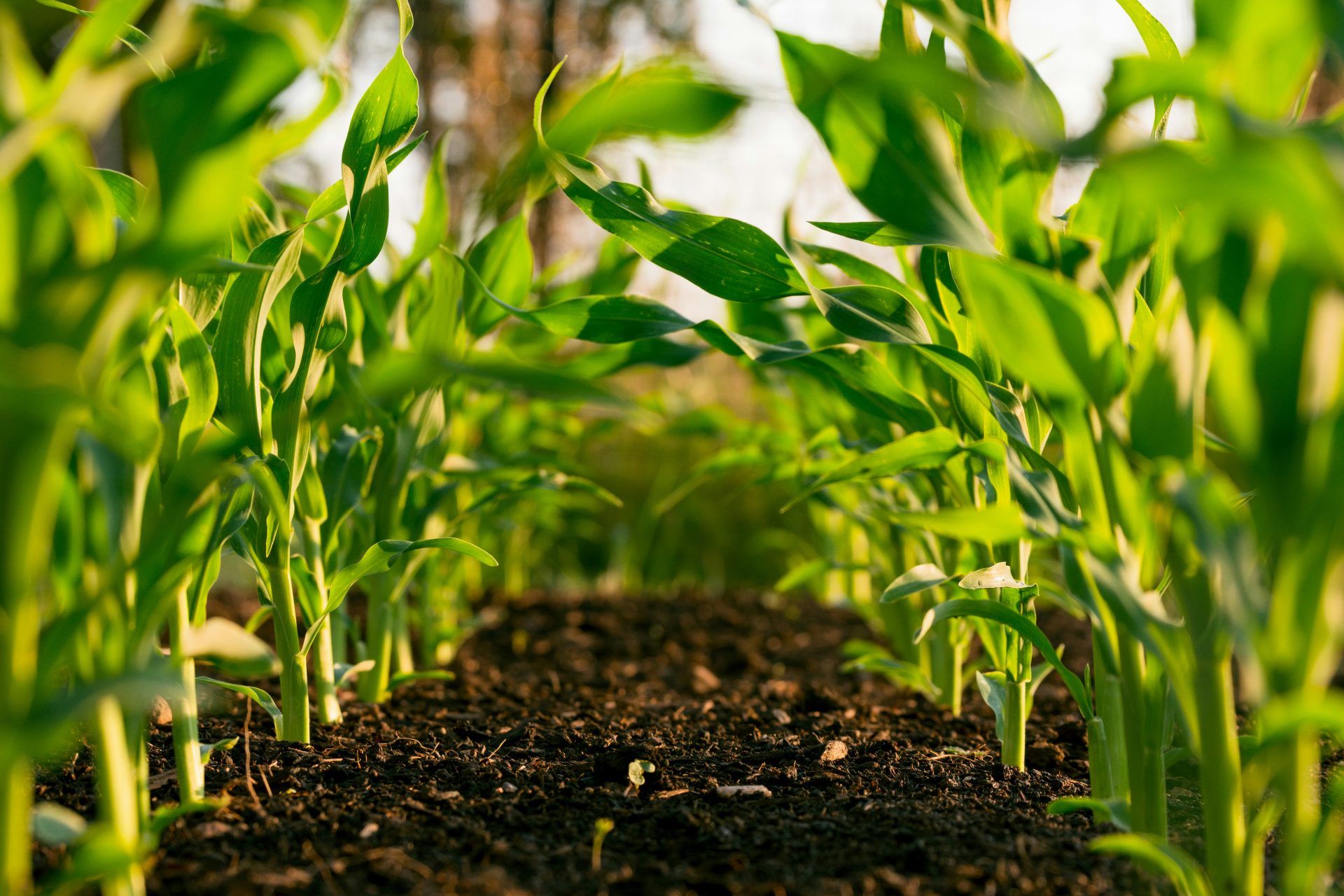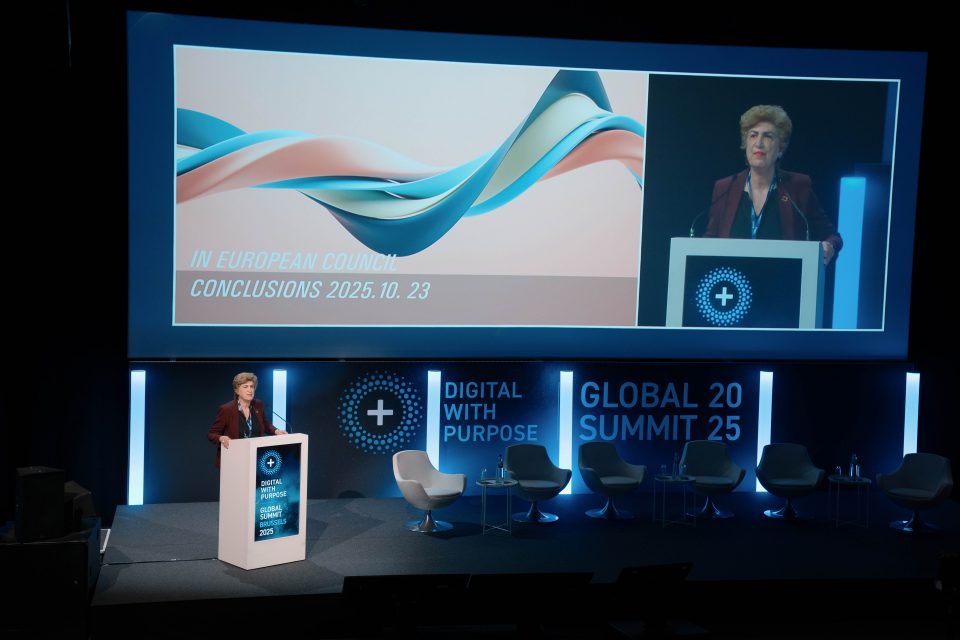Webinar highlights regulatory progress, scientific breakthroughs, and urgent need for policy decisions on genome editing in agriculture
More than 100 participants, among them European policymakers, scientists and agricultural stakeholders, convened on 18th September 2025 in a webinar organized by EU-SAGE, Re-Imagine Europa and Gain4Crops to examine how New Genomic Techniques (NGTs) can drive sustainability in European agriculture. Throughout the event, speakers emphasized the critical need for swift regulatory action to prevent Europe from falling further behind global competitors.
Regulatory Framework & the Biotech Act
Kathleen Lehmann from the European Commission’s Directorate General for Health and Food Safety provided an update on the NGT proposal, adopted by the Commission in July 2023. The legislation is currently in trilogue negotiations between the European Parliament, Council, and Commission, which began in May 2024.
“We are working closely together with the Council and Parliament to come as soon as possible to a good agreement on this important proposal,” Lehmann stated. The regulatory discussions center on four key areas: defining the equivalence criteria of category I NGTs, traceability and labelling, sustainability criteria and intellectual property rights protection. Despite institutional differences, significant common ground exists across these issues.
Beyond NGTs, the European Commission is developing a comprehensive Biotech Act scheduled for adoption in the third quarter of 2026. This legislation aims to eliminate barriers that prevent innovative biotechnology and biomanufacturing products from reaching the market. Lehmann emphasized the critical role of stakeholder engagement, highlighting that a public consultation is currently open for the Biotech Act to identify the specific nature of these barriers. In addition to the public consultation, the European Commission has commissioned two complementary studies: one examining regulatory challenges and another focusing on non-regulatory obstacles.
Global Competitive Landscape
Garlich von Essen, Secretary General and CEO of Euroseeds, presented a sobering analysis of Europe’s position in the global NGT regulatory landscape. His presentation showed a world map growing increasingly “green” as countries adopt differentiated regulatory approaches for genome-edited crops, while Europe remains largely restricted under current GMO legislation.
“Europe is a major trading bloc, particularly in the agri-food area, including seeds. Anything that is lagging behind over here in Europe has a negative impact on our competitive position,” von Essen warned.
The trilogue negotiations are focusing on four remaining areas of discussion, with von Essen expressing optimism that commonalities between institutions could lead to agreement before year-end. He noted that most countries adopting NGT-friendly regulations share two principles: evaluating products based on their final characteristics rather than the technology used and avoiding complex endpoint labeling requirements.
Practical Applications in Maize and Barley
Professor Andreas Weber from Heinrich University Düsseldorf presented compelling research on improving water use efficiency in maize through genome editing. His team’s work identified a gene, which when knocked out, significantly improves water-use efficiency by maintaining higher levels of stress hormones that regulate stomatal function.
“The genome editing enables very rapid translation. The genetics tells us which genes are important, and this is frequently quite slow. But once this knowledge has been gained, genome editing enables a very rapid transfer and translation of knowledge into application,” Weber explained.
The research demonstrates how genome editing can achieve in months what traditional breeding would require years to accomplish, while enabling precise trait combinations that would be difficult through conventional methods.
Dr. Robert Hoff from IPK Gatersleben provided another concrete example, detailing his work on barley virus resistance. His research team used genome editing to replicate naturally occurring mutations found in East Asian barley landrace varieties, successfully transferring virus resistance to European breeding lines.
“Plants that had a mutation that led to a knockout, to a loss of function of a specific gene, were very resistant,” Hoff reported, demonstrating how genetic diversity preserved in gene banks can be rapidly deployed through genome editing.
Hoff referenced the EU-SAGE database, an interactive, publicly accessible, online database of peer-reviewed publications of the applications of genome editing in crops. Currently, this database has 1000 entries with a large majority of applications contributing to sustainability, biodiversity and resilience to climate change with the data clearly showing that genome editing has been used to develop crops with benefits for producers and consumers.
Sustainability at the Core
Throughout the discussions, speakers emphasized NGTs’ potential contributions to sustainability goals. Weber’s research on water-use efficiency directly addresses climate adaptation needs, while Hoff’s disease resistance work reduces dependence on chemical inputs. The speakers advocated for regulatory frameworks that recognize these benefits without imposing additional costly sustainability requirements that could limit technology adoption.
The webinar underscored the urgency facing European decision-makers. With over 30 countries having adopted differentiated regulatory approaches for genome-edited crops, Europe faces a narrow window to reclaim its leadership in agricultural innovation. The combination of climate pressures, input restrictions, and global competitive dynamics makes swift regulatory action not just beneficial but essential for maintaining European agricultural sustainability and competitiveness.
As trilogue negotiations continue, the decisions made in the coming months will determine whether Europe can leverage its scientific expertise for domestic agricultural advancement or will continue watching its breakthroughs developed elsewhere.
The webinar was organized by EU SAGE, Re-Imagine Europa and Gain4Crops, bringing together stakeholders across the agricultural innovation ecosystem to discuss the future of sustainable agriculture in Europe.




